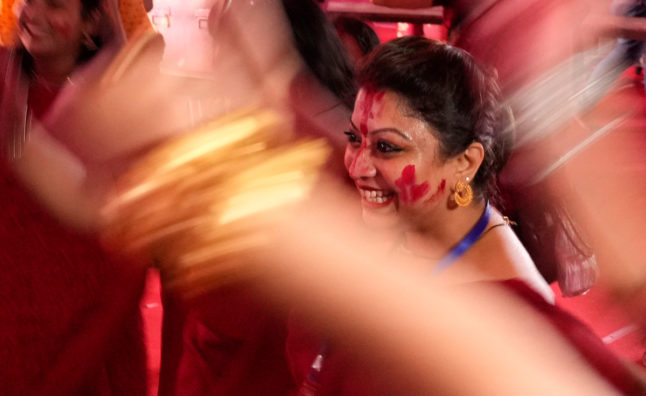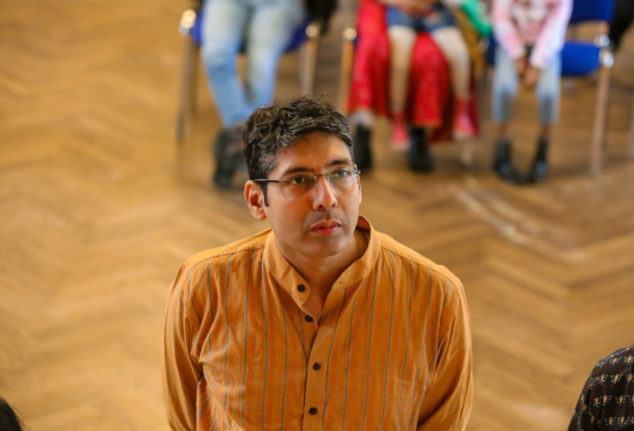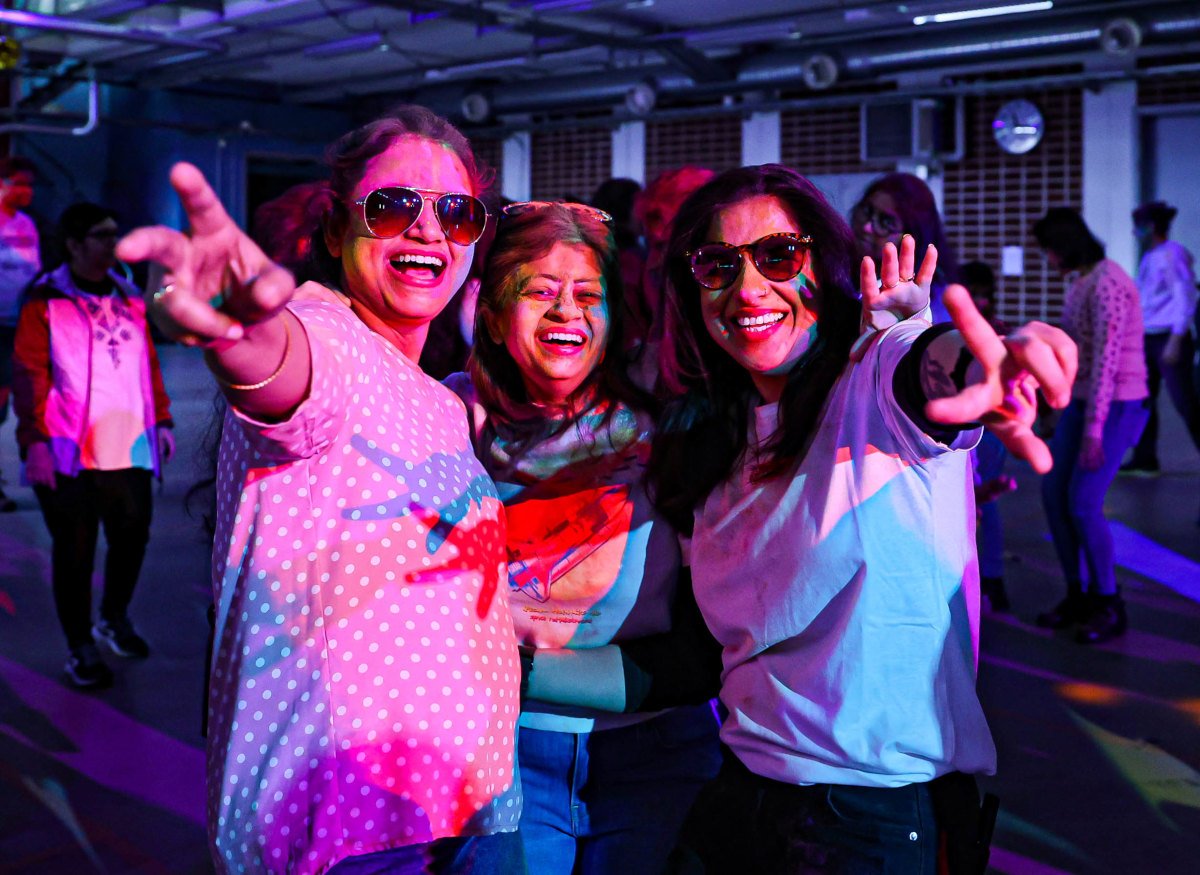Hello,
My colleague Richard Orange has a theory: that foreign residents are more likely than Swedes to start up new and exciting events. We talk about that and much more on the latest episode of The Local’s podcast Sweden in Focus, which will be available on Saturday, October 21st.
I’m not sure why that is. Perhaps it’s that newcomers are more likely to spot a gap in the market, perhaps its easier for foreigners to start something new than try to break into an already close-knit community, or perhaps it’s just that people want to bring a taste of their home country to Sweden. Or perhaps Richard’s theory isn’t even true at all. What do you think?
Durga Puja is in any case one such event. Did you know that (at least according to the Times of India), Sweden accounts for half of the Durga Pujas held in the Nordic region, with celebrations held every year from Helsingborg in the south to Luleå in the north?
As the size of Indian communities in Denmark, Sweden and Norway have grown, so has the scale of celebrations for festivals like Durga Puja and Diwali. We recently interviewed the organisers of some of Scandinavia’s biggest Durga Puja events in this article on The Local.
Here are some of the upcoming events readers have told us about:
Helsingborg:
The Bengali Cultural Society of South Sweden is organising Durga Puja on October 21st-23rd under the theme “Saat Kahon – Seven Stories from Seven States”. Sambandh Sweden is also organising festivities on October 21st and 22nd, with more than 600 attendees registered.
Gothenburg:
The Bengali Association of Gothenburg writes “let’s come together for a cultural fiesta, filled with adda, laughter, and memories that’ll last a lifetime” on October 20th and 21st.
Stockholm:
In Stockholm, Durga Puja has been celebrated for over 30 years, but is now split into four or five separate events, with a three-day ritual and cultural event held at Järfälla Kulturscen and a five-day event held at Stockholm’s Hindu Temple in Helenelund, just north of the capital.
If your event is not mentioned in that list, please feel free to still send us pictures of your festivities and let us know how it went, and we’ll share some of them in the next newsletter. And if you’re planning any activities for Indians in Sweden, drop us an email to let us know.
How can I watch the 2023 Cricket World Cup in Sweden?
Excitingly, the Cricket World Cup is hosted in India this year, lasting over a month from October 5th to November 19th. Unfortunately, cricket is not yet a particularly popular sport in Sweden (although there is a national cricket union, Svenska Cricketförbundet), so that means that none of Sweden’s usual sport channels will be broadcasting the matches. Your best bet, therefore, is a VPN.
It is legal in Sweden to use a VPN to watch broadcasts abroad, but you should bear in mind that it might violate the terms of service of the streaming service you’re using. You should also be aware that some services will actively try to block any VPN users.
Some of The Local’s readers have recommended Indian streaming site YuppTV, which offers a Cricket World Cup package for €24.99. We haven’t tried this ourselves so we can’t vouch for it, and you should always be sure you do your research before handing over your card details, whether it’s for a VPN service or another sports streaming service.
How this researcher in Luleå played a role in India’s moon landing
The Local recently interviewed Avijit Banerjee, an Indian researcher in Luleå who developed the landing algorithm that played a key role in India’s Chandrayaan-3 moon landing this summer.
He also told us what it’s like to work in space robotics at a university in the far north of Sweden, which he describes as the “best place for a scientist you can possibly imagine”.
Banerjee is currently working with ESA on a machine learning algorithm that can enable constellations of satellites to work together to optimise their positioning, avoid collisions and react if one of their number is destroyed, and with NASA on another landing algorithm.
He is also working on a project that will enable an autonomous vehicle landed on the moon or another planet to seek out the source of any substance it detects, and also on robotics systems to enable autonomous vehicles to explore caves.
‘Global shift’: India growing in popularity among Swedish businesses
International growth markets such as India and Indonesia are becoming more attractive to Swedish businesses, according to a survey by Business Sweden, which also indicates that traditional markets such as North America are stagnating in popularity.
“In the past two years, India as well as the United Arab Emirates have overtaken the US and China when it comes to favourite countries and business climate. I don’t want to use the word paradigm shift, but it does still mark a global shift which is rather hard to analyse,” Business Sweden CEO Jan Larsson told Swedish news agency TT.
“India has become an attractive production site for Swedish companies and has a growing middle class,” he explained. “India has been the favourite to become a future market for a long time but I think it’s finally going to happen now.”
What Sweden’s new work permit rules mean for you
On November 1st, Sweden will raise the salary requirement for work permit applicants to a minimum of 80 percent of the median salary. It means that although the country will still have one of the lowest salary requirements in western Europe, a lot of work permit holders currently living and working in Sweden will not be able to get their work permit renewed because their monthly earnings are just not high enough.
We’ve interviewed several readers about how it affects them, explained what the new rules actually mean for work permit holders, compared work permit salary levels across the European countries The Local covers, and we’ll keep answering readers’ questions about the changes.
If you have any questions, you’re always welcome to get in touch with our editorial team at [email protected].





 Please whitelist us to continue reading.
Please whitelist us to continue reading.
Member comments